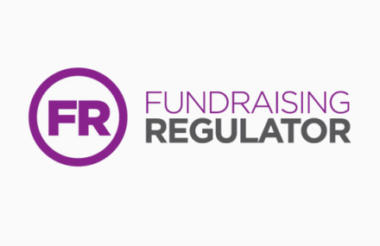Last month, the Fundraising Regulator published two sets of accounts: one for the year ended 31 March 2018, covering 12 months; the other for the year ended 31 August 2018 and covering five months. The thinking behind this bout of sharing is to bring the regulator’s accounting period in line with its levy collection timetable, which runs from September to September.
As we know, charities that spend over £100,000 on fundraising annually are asked to pay the levy. The accounts show that as of 31 March 2018, 1,527 charities had paid the levy, including almost all the larger charities. The regulator estimates that it will collect £1.87m from the second levy round (Levy Year 2) out of the £2.032m invoiced. This exceeds its target of 90 per cent recovery. Considering this is voluntary, it is pretty successful.
But looking at the expenditure for the full year of accounts, the regulator spent £232,195 on finance and levy collection, and only £185,501 on casework and adjudications. By far the largest expenditure (£455,039) was on the Fundraising Preference Service, which we discuss further in a news analysis, Is the Fundraising Preference Service value for money? But putting that aside, it does seem unhealthy that core costs spent on income generation exceed those allocated to the body’s main purpose of being.
Charities that have declined to pay the levy or not responded to the regulator’s requests to pay (around 100, or 6 per cent by number of those in scope) are now being named and shamed in a directory, which the regulator launched in September 2017. And if you thought the regulator was going to go easier on the non-payers now that Lord Grade is no longer at the helm, think again. Last month, his successor, Lord Harris, in one of his first public engagements in his new role, took a pop at those delinquents, inferring that the trustees of certain charities are arrogant.
Although the regulator appears to be handling what is left of its budget fairly prudently, it seems wasteful that such resources have to be invested in chasing the levy. Admittedly, it didn’t handle the first round of levy collections particularly well as there were errors in the database. However, collection expenditure should fall now, as it is more targeted and charities should have become used to the annual debit. Fundamentally, the regulator needs to focus on regulating rather than leaking resources chasing levies.
@stevejcotterill
Related articles











